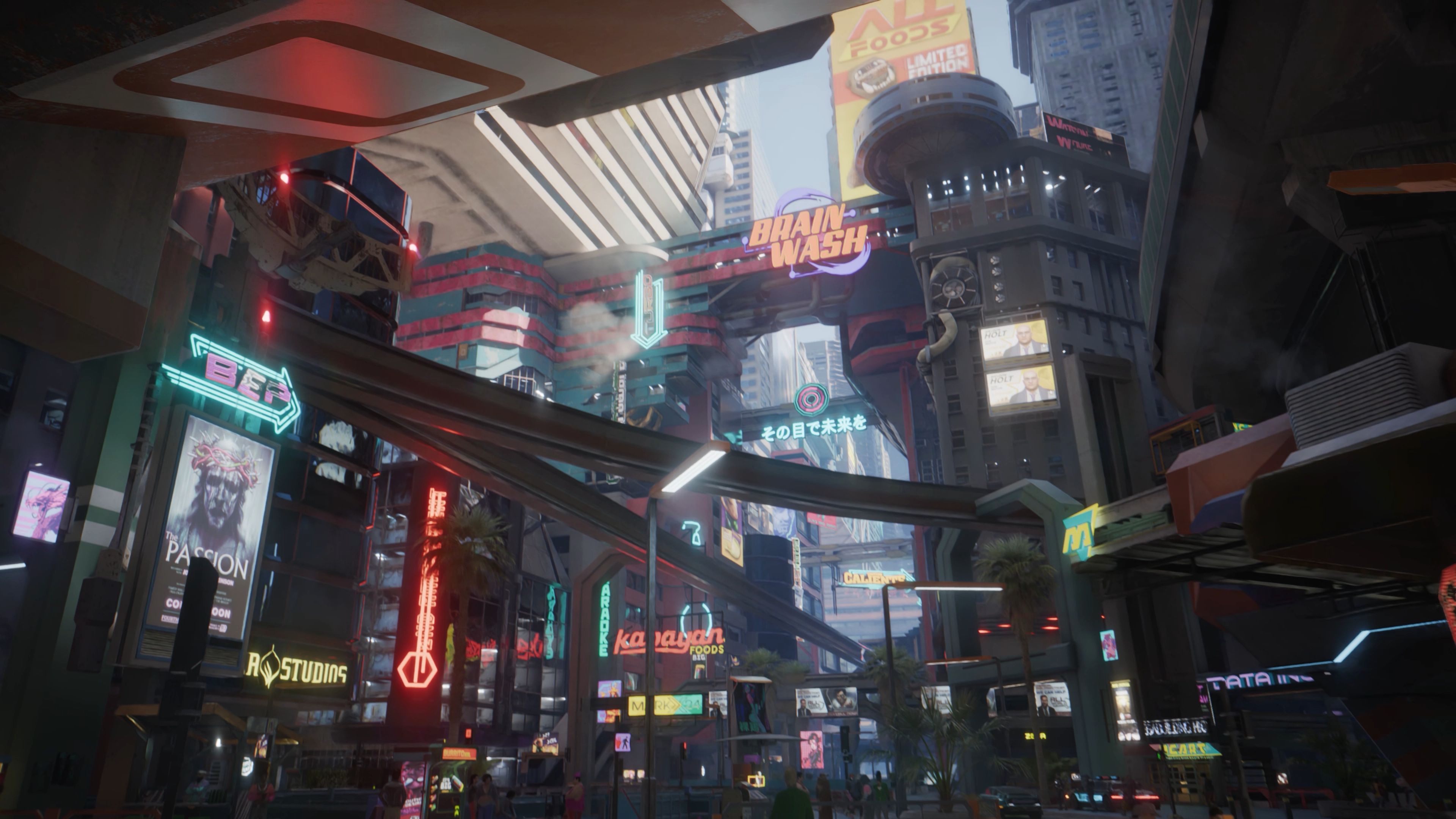Metro: Last Light – A Masterclass in Post-Apocalyptic FPS Storytelling
Few first-person shooters manage to blend immersive storytelling, atmospheric dread, and relentless survival tension as masterfully as Metro: Last Light. Developed by 4A Games and released in 2013, this sequel to Metro 2033 elevates the post-apocalyptic FPS genre with its haunting world, moral complexity, and visceral combat. Set in the ruins of Moscow’s metro tunnels after a nuclear war, Last Light is not just a game—it’s an experience that lingers long after the credits roll.
A World of Ruin and Beauty
The game’s greatest strength lies in its world-building. The metro tunnels are claustrophobic, dimly lit, and crawling with mutated horrors, while the rare moments above-ground reveal a shattered Moscow reclaimed by nature. Snow drifts through crumbling skyscrapers, and toxic rain pelts abandoned streets, creating a paradoxical beauty amidst desolation. The attention to detail—rusted train cars, flickering candles in makeshift homes, whispered conversations between survivors—makes the metro feel alive despite its decay.
Unlike many shooters that rely on bombastic set pieces, Last Light thrives on quiet tension. Players must conserve ammunition, manage gas mask filters, and navigate pitch-black tunnels with only a lighter’s flame to guide them. Every bullet counts, and every encounter—whether with human foes or grotesque mutants—feels desperate and consequential.
Moral Choices and Emotional Weight
Where Last Light truly shines is in its narrative depth. Protagonist Artyom is more than a silent gunman; he’s a reluctant hero grappling with guilt, hope, and the remnants of humanity. The game introduces a morality system influenced by stealth, mercy, and exploration. Killing enemies indiscriminately or ignoring the suffering of NPCs can lead to a darker ending, while compassion and restraint offer a glimmer of redemption.
One of the most poignant moments involves a hidden encounter with a lone, unarmed soldier singing to himself. The player can choose to spare him or execute him in cold blood—a small decision that echoes the game’s central theme: what does it mean to be human in a world stripped of morality?
Combat: Brutal and Tactical
Last Light’s combat is unforgiving. Guns jam, ammunition is scarce, and enemies—both human and mutant—are deadly. Stealth is often the smarter option, with players using silenced weapons or takedowns to avoid alerting entire camps. When firefights erupt, they’re chaotic and desperate, with bullets whizzing past and mutants lunging from the shadows.
The weapon customization system adds another layer of strategy. Salvaged parts can be used to modify rifles, shotguns, and pneumatic weapons, allowing players to tailor their arsenal to their playstyle. The "Bastard" SMG, for instance, can be fitted with a makeshift silencer for stealth or a drum magazine for all-out assaults.
Sound Design and Atmosphere
Few games use sound as effectively as Last Light. The distant screech of a Nosalis mutant, the muffled breathing inside a gas mask, the eerie silence of abandoned tunnels—every audio cue heightens the tension. The voice acting, particularly from supporting characters like the hardened ranger Khan or the enigmatic Dark Ones, adds emotional weight to the story.
The soundtrack, composed by Alexey Omelchuk, blends haunting choral arrangements with industrial dread, perfectly complementing the game’s tone. Tracks like "The Revolution" and "Requiem" underscore key moments with cinematic gravitas.
Legacy and Influence
Metro: Last Light didn’t just refine its predecessor’s formula—it set a new standard for narrative-driven shooters. Its influence can be seen in later titles like STALKER 2 and Atomic Heart, which similarly emphasize atmosphere and player choice. The Metro series remains a cult favorite, and Last Light stands as its crowning achievement.
Conclusion
Metro: Last Light is more than a post-apocalyptic shooter—it’s a harrowing journey through a world on the brink of collapse. Its combination of gripping storytelling, immersive atmosphere, and brutal survival mechanics makes it a must-play for fans of the genre. In an era where many FPS games prioritize spectacle over substance, Last Light proves that the most powerful stories are often told in the darkest places.

For those brave enough to venture into the metro, the experience is unforgettable. Just remember: in the tunnels, the real monsters aren’t always the ones with claws.















